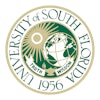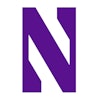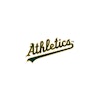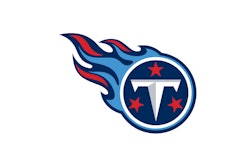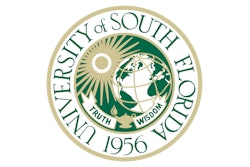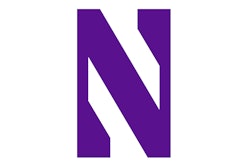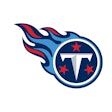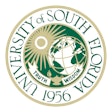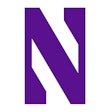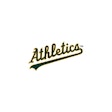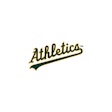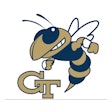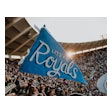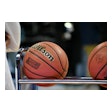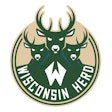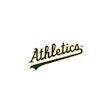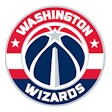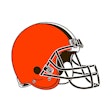All Rights Reserved
COLUMBIA Jason Freier, owner of minor league baseball teams in Fort Wayne, Ind., and Savannah, on Wednesday guaranteed he would bring a team to Columbia if the city builds a new ballpark as part of the redevelopment of the old State Hospital campus on Bull Street.
It s not clear yet how the stadium would be funded, but Freier said he could build it about $7 million cheaper than the projected $42 million cost.
Also, Freier and Bull Street developer Bob Hughes of Greenville said that two historic buildings presently not protected under the development agreement with the city have been incorporated into a new configuration of an 8,000-seat stadium and could be saved.
And USC Athletics Director Ray Tanner told The State that he doesn t believe minor league baseball would compete or interfere with Gamecock baseball.
If, in fact, the Bull Street property becomes a boon for the city of Columbia and includes baseball and has a good economic impact, then I m all for it, Tanner said.
Columbia City Council is considering whether to pay the lion s share of an estimated $42 million stadium that would be the centerpiece of the sprawling 165-acre Bull Street project. The stadium has the backing of Mayor Steve Benjamin, who has yet to offer a funding source to pay for it. Freier, however, said he could use efficiencies to lower the cost to about $35 million.
The city already has agreed to pay for an estimated $50 million in infrastructure and parking garages to make the redevelopment project happen. Specific funding sources for those improvements also have not yet been identified.
Bull Street is considered the largest land deal in modern Columbia history, projected to generate as much as $1.2 billion in economic impact when thousands of stores, homes and offices are completed over the next two decades.
In an exclusive interview with The State on Wednesday, Freier said he would locate a team in Columbia even if he had to buy another franchise. He said he couldn t discuss moving his Class-A Savannah Sand Gnats team here because that would be a violation of minor league baseball rules.
If we do a deal with Columbia, we ll bring an affiliated minor league baseball team here, Freier said. I have a lease in place with the city of Savannah that runs through the end of the 2014 season. We have no legal commitments with the city of Savannah beyond the 2014 season. We would love to work with the city of Savannah. It s what we ve told them and that s the truth. But if we made a commitment to the city of Columbia, that commitment would be our first commitment. We wouldn t make any commitments to Savannah after that.
Stadium scuttlebutt
The Sand Gnats, a Mets affiliate, now play in historic Grayson Stadium, which dates to 1926 and was rebuilt after a hurricane in 1941. It is the oldest stadium in the South Atlantic League. Although the Sand Gnats are Sally League champions, the team ranked 13th in the 14-team league in attendance.
Freier, chief executive of Atlanta-based Hardball Capital, has been negotiating with Savannah for a new, multi-use stadium for four years. Insiders say a new stadium is unlikely in Georgia s third-largest metropolitan area, because city officials there are leaning toward building a new civic center instead.
Freier said he discussed a new $35 million ballpark in Savannah during a Dec. 12 presentation to its city council. The city has agreed to do a feasibility study.
A new Columbia stadium would be the anchor of the Bull Street project, Hughes and Freier said, attracting up to 500,000 people a year to the area, tentatively named Columbia Common. Those people would have to walk past the area s planned stores, bars and restaurants to get to the stadium, which is situated in about the middle of the tract.
Hughes said he could go forward with the project without a ballpark, but it would be a very different project.
Hughes said that he and his marketing team have made contact with many potential tenants restaurants, bars, retailers but none has as yet committed.
Everybody is waiting to see what happens with the stadium, he said.
Historic buildings
Hughes, who previously had said landing a team was up to the city, said Wednesday he has been quietly vetting and recommending Freier as a potential owner since January 2013. He said he couldn t gamble with an owner who would not design a great stadium or run a solid organization.
Hughes was a key player in the redevelopment of Greenville s downtown, which features a new ballpark and the minor league Boston Red Sox affiliate Greenville Drive. The Drive moved from Columbia, where they were called the Capital City Bombers, in 2005 when efforts here to build a new stadium fell through.
Hughes said that in concert with Freier, the location of a Bull Street ballpark has been shifted to allow some historic buildings to be saved.
The Ensor Building formerly the compound s morgue and laboratory is now incorporated into plans for the stadium s front entrance. The Bakery, which served up bread and desserts for the patients at the nearby Babcock Building, is now located just past where the centerfield stands would be.
The huge Babcock Building itself, with its distinctive red cupola, also would be prominent beyond the outfield fences.
Using historic buildings is an important part of the ballpark s design, Freier said. It reflects the character of the community.
Room for 2 teams
Tanner, in a telephone interview Wednesday, said he met with Freier and Columbia Mayor Steve Benjamin over lunch at Colonial Life Arena during a Gamecock women s basketball game Dec. 20.
He termed the meeting just a conversation and said the two shared much of the same information with him that had been provided to City Council.
A study by Charlotte firm Brailsford & Dunlavey said that college baseball fans are more interested in what happens between the foul lines and care passionately about winning and losing. Minor league fans are looking for affordable family fun and come for the promotions, playgrounds and between-innings entertainment more than the game itself.
Tanner agreed.
We re two entirely different products, he said. We don t even use the same balls and bats. Minor league baseball is about entertainment. I don t look at it as two teams in the city of Columbia competing against each other. We re entirely different.
Terms and Conditions Privacy Policy










